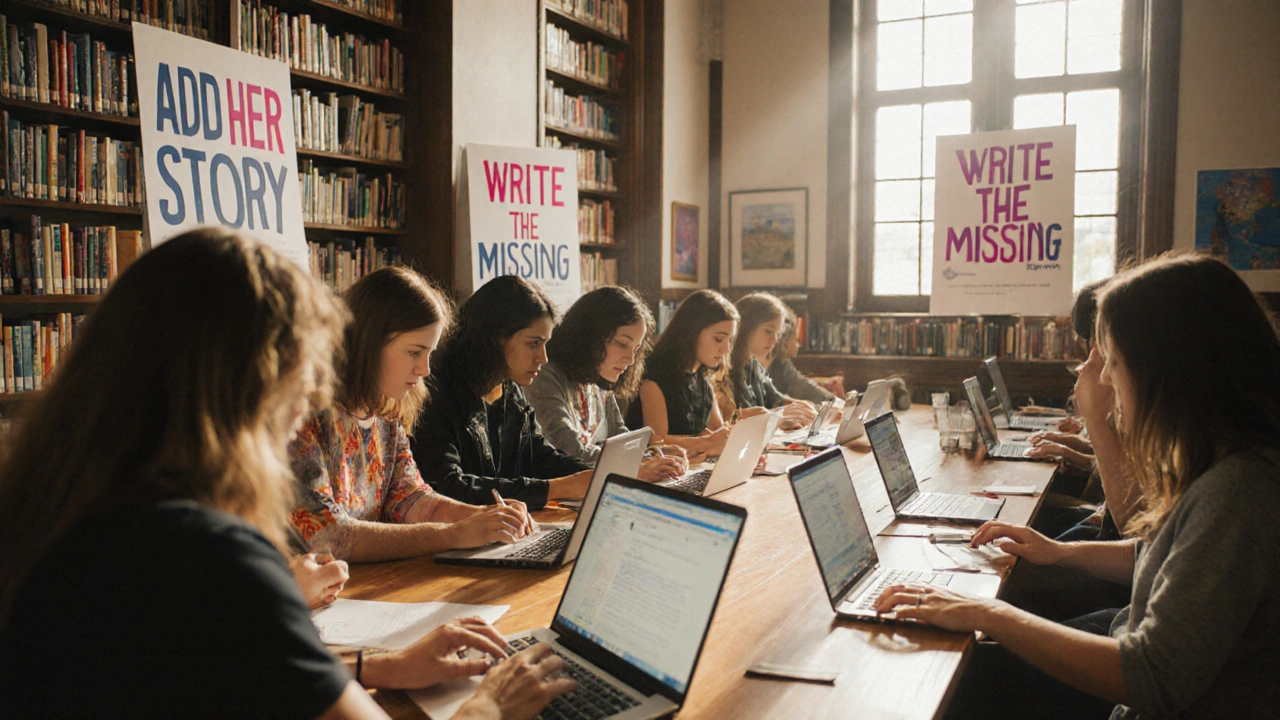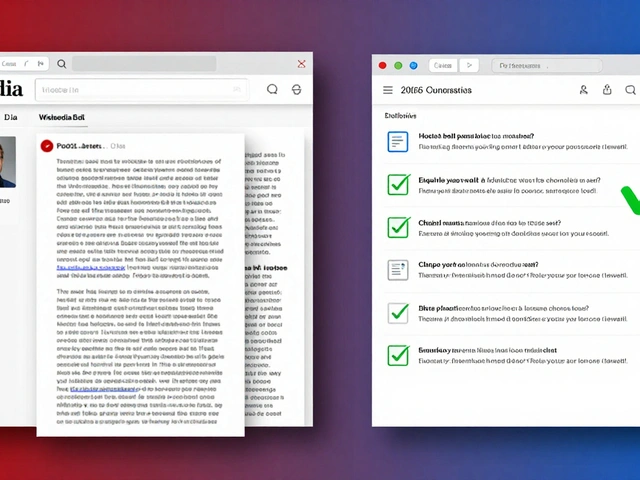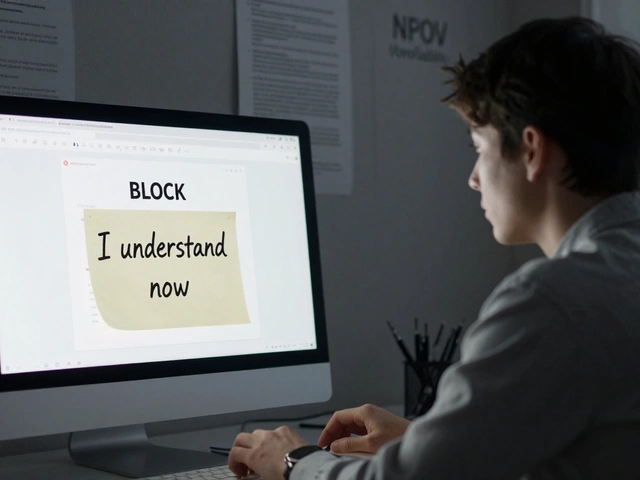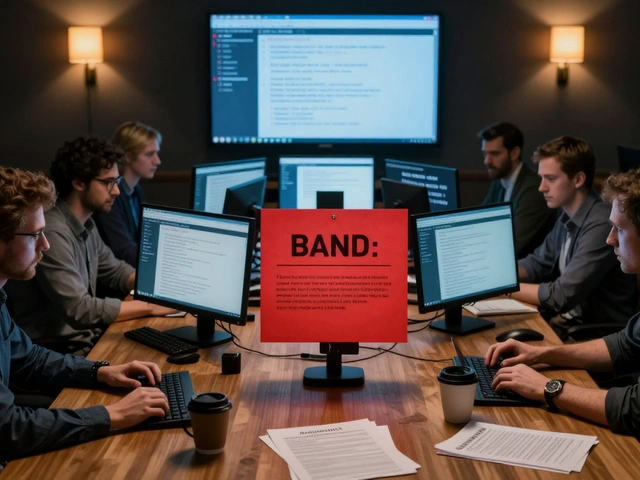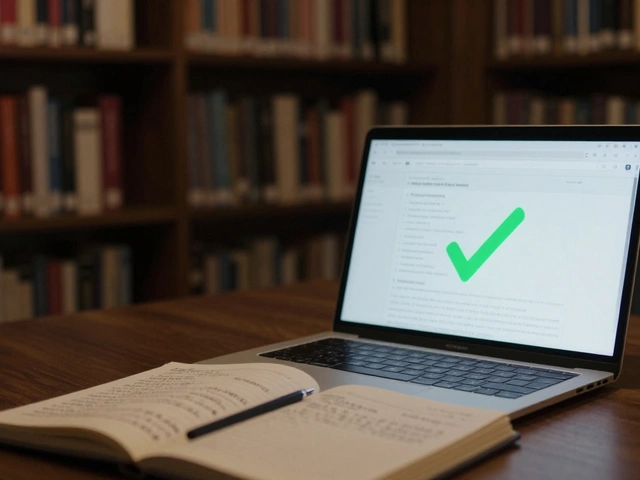Gender Diversity on Wikipedia: Why Representation Matters and How It's Changing
When you think of gender diversity on Wikipedia, the effort to include more women and non-binary people as editors and subjects in the encyclopedia. Also known as editorial equity, it’s not just about fairness—it’s about accuracy. If half the world’s population is underrepresented in the editing community, the knowledge base will naturally miss their stories, perspectives, and contributions. This isn’t a minor flaw. Studies show that fewer than 20% of Wikipedia editors identify as women, and articles about women are more likely to be deleted, tagged for deletion, or written in a dismissive tone. The result? A knowledge system that reflects who has power to edit—not who has made history.
That’s where Wikipedia task forces, volunteer groups focused on fixing systemic bias in content and editing practices. Also known as content equity initiatives, they’re the quiet engine behind progress. Groups like WikiProject Women in Red spend months finding missing biographies of female scientists, artists, and activists, then adding them with solid sources. Others tackle language bias—removing phrases like "female doctor" or "woman CEO" that imply those roles are unusual. These aren’t just feel-good projects. They change how history is recorded. When a task force adds a well-sourced article about a Black feminist theorist or a trans engineer, they’re not just filling a gap—they’re correcting a distortion.
And it’s not just about who writes. It’s about what gets written. systemic bias, the deep, structural patterns that favor certain voices and erase others. Also known as knowledge inequality, it shows up when articles about male politicians get detailed timelines, while female politicians get only brief summaries. It’s why biographies of women are more likely to focus on their relationships than their achievements. And it’s why topics like women’s health, LGBTQ+ history, or indigenous knowledge often lack depth or disappear entirely. The fix isn’t just adding more editors—it’s changing the rules of what counts as notable, what counts as reliable, and who gets to decide.
You’ll find posts here that dig into how these problems show up in real articles, how volunteers fight back, and why AI tools can make things worse if they’re trained on biased data. You’ll see how a single edit can start a chain reaction—replacing a dismissive headline, adding a citation from a marginalized scholar, or defending a woman’s biography from deletion. This isn’t about politics. It’s about truth. And on Wikipedia, truth needs more than sources—it needs people willing to show up, speak up, and write it down.
Women and Non-Binary Editors: Programs That Work on Wikipedia
Women and non-binary editors are transforming Wikipedia through targeted programs that build community, reduce bias, and expand knowledge. Learn which initiatives are making real change-and how you can help.
